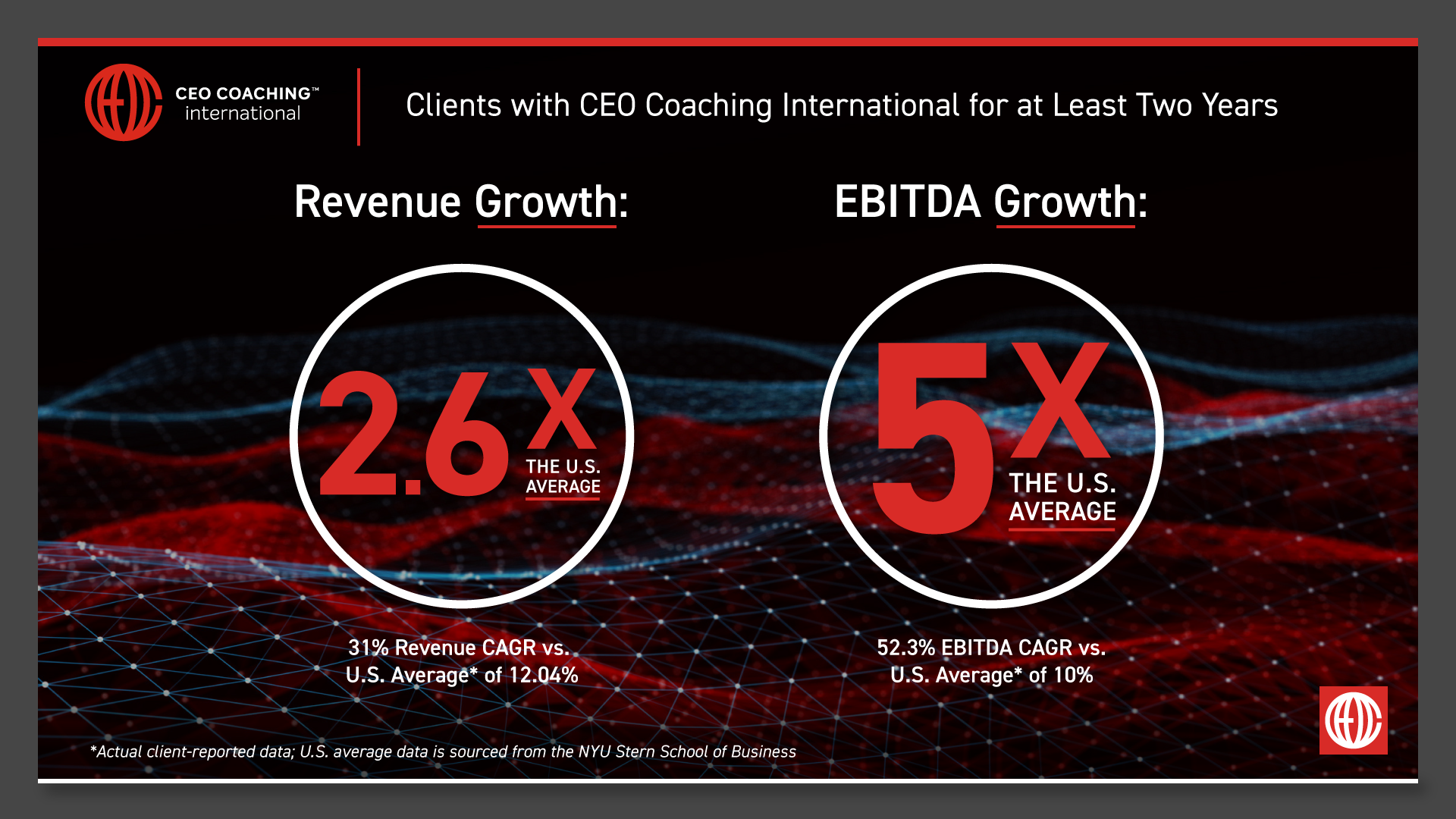
Family arguments are like forest fires. The good ones clear out debris and make room for something new to grow. The bad ones rage out of control and threaten to burn down the entire forest.
Now, imagine both your home and your company are sitting at the edge of the woods.
That’s what it feels like to be the CEO of a family-run business when family stakeholders don’t agree about where the company is headed. But the best leaders appreciate that conflicts often lead to breakthroughs, especially if your business is stalling or facing a major turning point. Use this four-step process to turn your family’s next squabble into a BIG opportunity.
1. Is this a conflict or crisis?
Conflict isn’t necessarily a bad thing. Any business that doesn’t rouse some passion and a few good arguments from time to time is probably running too cool for its own good. And families are no different. In my experience, that unique blend of love and rivalry mixed with undying support and tough accountability is what drives good family businesses to succeed.
But what happens if the conflict is turning into crisis? The key here is don’t let it get to the crisis point. If you sense things are spinning out of control, bring in a coach or other third-party expert to deescalate the situation. The unbiased experts can be a sea of calm when everyone else is losing their minds.
Family-run businesses, by definition, surround the CEO with people who aren’t afraid to speak up, ask tough questions, and confront the boss about blind spots. Even better, they’ve known the CEO forever, so they’re good at it! CEOs who don’t bristle every time mom and dad spot a rusty gear are putting themselves in a much better chance to succeed than CEOs who surround themselves with yes men.
It’s the CEO’s responsibility to keep healthy conflict from devolving into a crisis that threatens both the family and the business. When professional issues cross personal lines, the wounds can run deep and scars might not heal. It’s critical that you keep conversations with key stakeholders focused on clearing the obstacles that stand between your company and BIG. If this conflict has already reached the point of no return, the CEO might have to skip ahead to bring in the coach or third-party mediator.
2. Gather your intel — alone.
To settle family business disagreements and maintain overall alignment, the CEO has to make sure family stakeholders have a voice in important conversations.
But … not right away.
Before you open your door to the cousins who never stop fighting or your resentful older sister, carve out some CEO time for yourself. Ask yourself what the root cause of this disagreement really is. Are family members raising legitimate concerns about the business? Are they approaching problems from angles you just hadn’t considered? Or has your conference table turned into a dysfunctional Thanksgiving dinner table where old family grudges are flying left and right?
Once you’ve figured out how family issues are or aren’t affecting business issues, get an outside perspective. Read up on that bleeding edge innovation your uncle is so passionate about. Talk through the conflict with your entrepreneur coach or a trusted mentor.
Gather as much information as you can, but don’t make any prejudgments. No matter how clear cut this issue may appear, you want to move through the next steps of this decision with an open mind and — this being family after all — a generous heart.
3. Argue like a family, commit like a business.
The “debate and commit” strategy is one of the most effective ways for any business to work through complicated decisions. Employees are always far more likely to buy into a plan if they feel like their voice has been heard — even if they disagree with what that final plan is.
At most family-run businesses, I think debate and commit should be a standard best practice. Family members who feel like they’re on the outside of a key decision looking in are far more likely to process that exclusion emotionally. Good luck getting your younger brother to execute on a plan he’s not in love with if he feels like you’ve been talking down to him since you shared a bedroom.
Making sure that your employees feel heard while you’re gathering information is a zero-cost investment that usually pays off BIG. Even though you, the CEO, is ultimately going to make the call, your family will feel like you arrived at this choice together. That’s going to strengthen everyone’s alignment around your plan and the goals that plan will help you all achieve.
4. Build a failsafe.
Many family-run businesses start out as de facto family projects. Everyone pitches in whenever and wherever they can to get the company rolling towards profitability. Unfortunately, “all hands on deck” is not a sustainable corporate structure, especially when you’re trying to settle conflicts.
The sooner a family-run business starts establishing clear lanes of responsibility for its key stakeholders, the better its business will operate. Knowing who’s in charge and how everyone is being compensated can settle a lot of issues before they start.
For some added guidance and accountability, consider drafting a family constitution. These documents can come in many forms, but generally, the CEO asks family members to share their perspectives on how the business should exhibit family history and values. The CEO can then connect these ideas into a unifying vision for where the company is coming from, where it wants to go, and what values the family will use to guide its key decisions. Sometimes the document is a bit more formal and establishes a family council that’s tasked with enforcing the constitution and settling major disputes.
Other family-run businesses establish a layer of accountability outside the family. A board of directors or a steering committee comprised of non-family members can keep family at every level of the business focused on the key tasks that the company needs to execute.
But perhaps the single most important piece of an effective family-run business structure is a CEO who knows when it’s time to be a dutiful son, a loving mother, or a supportive grandfather, and when it’s time to act like a CEO. When the voices die down and the conference room empties out, you’re the one who will have to decide how to rally your family around what’s best for the company.
Your decision probably won’t diffuse every spark of conflict. And you can probably expect some muttering behind your back. But that’s just leftover fuel for the next healthy fire. And when it inevitably flares up, your family will be that much more confident in your ability to turn down the heat and keep everyone progressing towards BIG.
About CEO Coaching International
CEO Coaching International works with CEOs and their leadership teams to achieve extraordinary results quarter after quarter, year after year. Known globally for its success in coaching growth-focused entrepreneurs to meaningful exits, CEO Coaching International has coached more than 1,000 CEOs and entrepreneurs in more than 60 countries and 45 industries. The coaches at CEO Coaching International are former CEOs, presidents, or executives who have made BIG happen. The firm’s coaches have led double-digit sales and profit growth in businesses ranging in size from startups to over $10 billion, and many are founders that have led their companies through successful eight, nine, and ten-figure exits. Companies working with CEO Coaching International for two years or more have experienced an average revenue CAGR of 31% (2.6X the U.S. average) and an average EBITDA CAGR of 52.3% (more than 5X the U.S. average).
Learn more about executive coaching | Meet our world-class coaches





